Urgent Orthopedic Care Tips
As a Lufkin orthopedic urgent care center, we see a wide variety of musculoskeletal injuries walk (and hobble) through our doors. Our clients’ pain and mobility issues can be traced back to an equally wide number of sources: arthritis, long-term symptoms from old injuries, accidents, and more.
There is one culprit, however, that certainly creates more than its fair share of issues: sports.
Athletic pursuits are a valuable and totally ingrained aspect of our culture, and are often intertwined with academics at diverse levels. We love seeing kids and adults (both young and not so young) be active and pursue activities they love. The key is to be aware of common, sports-related orthopedic injuries, and know how to avoid them to the best of your ability.
Avoiding Ankle Sprains
There are different levels of severity, but ankle sprains in general are caused by suddenly stretching and/or tearing the ligaments that tie your ankle bones together. The point of origin for your sprain can likely be easily identified: a sudden twist or ankle roll, for example. In extreme cases you might have even heard a pop.
These kinds of events happen all the time during sports-related activities. Quick turns on the court, landing wrong while making that amazing catch, or a misstep on the track are all capable of damaging your ligaments.
So, what can you do to avoid a sprain? Here are a few tips:
- Use a wrap or brace for extra stability, if possible
- Talk to your coach or trainer about exercises that specifically target and strengthen your ankles
- Stretching! It’s harder to break something bendy than it is to break something stiff
- Never skip your warm-ups
For a few more ideas and additional resources, visit this helpful overview offered by Athletico Physical Therapy.
Understanding and Avoiding ACL Injuries
A torn ACL is one of the most dreaded orthopedic sports injuries, and for good reason. Unfortunately, it is also one of the most common.
The Anterior Cruciate Ligament (ACL) is the primary ligament in your knee, and plays a vital role in connecting and supporting the surrounding bones. ACL damage or tearing occurs when there is an extreme and sudden twist, hyperextension, or strain. These motions seem to happen every few seconds in higher-impact sports; fast turns and impact are often the name of the game.
The key is to proactively protect yourself from an ACL injury, investing the necessary time to develop the strength and flexibility you’ll so appreciate having later.
- Spend adequate time warming up
- Focus your training around the muscles in your legs that will protect your ACL: specifically quadriceps and hamstrings
- If you need to take time off from your favorite sport, ease back into it when you return (don’t hit the court hard after a few weeks of no activity!)
How Can You Avoid Rotator Cuff Injuries?
The rotator cuff is comprised of tendons and muscles, all working together to support and strengthen arm motion. Heavy lifting and repetitive motion can damage this support network, causing pain and limited range of motion. If you play a lot of tennis or baseball (as a pitcher in particular), rotator cuff damage is a real and ever-present threat.
How can you avoid this particular orthopedic shoulder injury?
- Frequent shoulder exercise and stretching
- Good posture for extra support and alignment
- Avoid lifting excessively overhead, whether in your daily job or your athletic pursuits
Key Takeaways
- Don’t ignore your body. Despite popular slogans, pain is never the pathway to lasting gain, but is actually an incredibly wise and complex warning system.
- Avoid strain. Pushing yourself is just fine, but only within healthy parameters.
- If you experience an injury, seek medical help.
The third point above hits close to home for us. As an orthopedic urgent care center, we know firsthand what can happen when lingering pain is ignored and issues are allowed to fester. Discomfort can quickly turn into full-blown orthopedic emergencies with much longer-lasting ramifications. Take your injury seriously and find care quickly in order to minimize both your pain and the extent of the injury!






